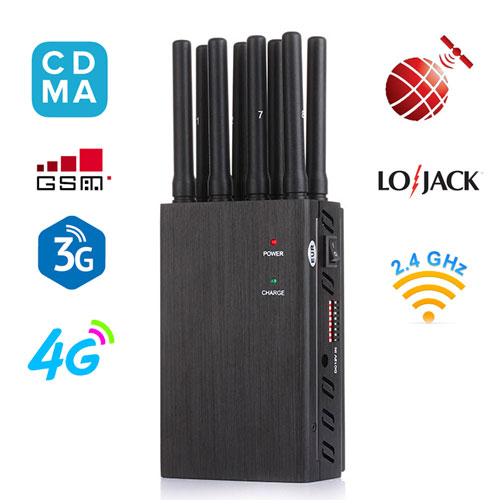The popularity of social networks around the world is increasing, and it's increasingly irresistible to browse friends' pages. If in the past the main audience of the social network was young people, now it is a platform for communication between all people. Social networks are places where your personal data and information are fully publicly accessible. Sometimes even important confidential information can be inadvertently shared there. Once, the U.S. Navy conducted a secret government data breach by posting their photos on Facebook.
More and more people are using these networks at work. Most of these people even spend most of their work time chatting or reading new tweets on Facebook. This trend is dangerous not only because it reduces labor productivity, but hackers and other cybercriminals can use the data shared there to gain access to corporate networks and steal expensive data. Social networks are dangerous, they collect your personal information, track your location and log all your communications.
How should I solve this?
The first option is to simply block access to them. Many companies do this simply because they can't keep an eye on every employee. The second option is controls. This option is often used by companies that actually use social networks.
Reasons for blocking access to social networks
Reason 1. Social networking sites were created just to share confident information. The problem here is that employees simply don't know what information can't be shared. For these people, the only solution is simple social network blocking.

Reason 2. Social networks give people time to relax and have fun during work hours. But that's a question of motivation. Just block the social network and they will chat using messenger or email.
Reason 3. Social networking sites are a source of malware, keyloggers, Trojans and other malware. Most Android malware is shared with social networks. But networks like Facebook or Twitter aren't the only places to get the virus. Employees can get it via email or while surfing the web.
The question remains: is it OK to block these networks at work, and will this improve information security? The answers are pretty complicated, but it's best to stop them. First, if you're going to use software methods to block access, employees might use TOR or other anonymity services to get there. Also, smartphones with mobile internet access are not a miracle these days, and most of your employees probably have them.
So in most cases, the most suitable solution is to block access via software, block mobile internet via Wi-Fi network, that's why many companies install combo 3G, 4G, wireless wifi bluetooth jammer in their offices, But it's also important that employees understand why you're doing it.
Also, anything you post on the web stays on the web forever, so think carefully before posting.





